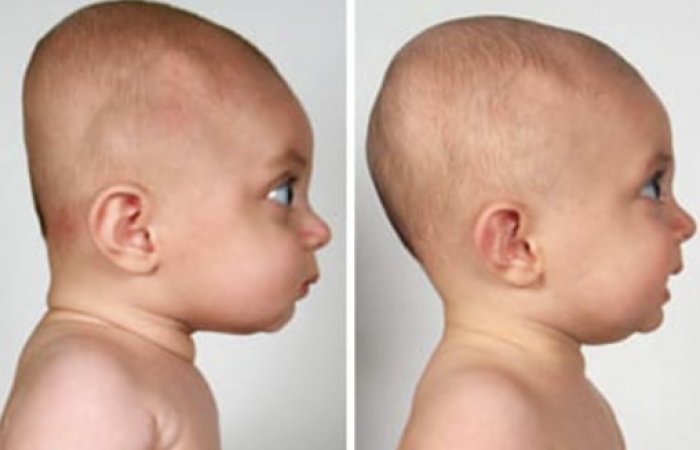
8 Reasons You Should Never Fast During Your Period
Fasting has its benefits, but during your period, it’s crucial to prioritize your body’s needs. Menstruation demands extra energy, hydration, and nutrients to counter blood loss and hormonal shifts. Fasting at this time can worsen symptoms like fatigue, cramps, and mood swings. Here's why skipping meals during your period is a mistake and how it impacts your health.
Menstruation causes blood loss, which depletes your body of essential nutrients like iron, magnesium, and vitamins. Fasting during this time can make it harder for your body to replenish these nutrients, leading to fatigue, weakness, or even anemia.
During your period, your body experiences significant hormonal changes, particularly in estrogen and progesterone levels. These changes can increase your need for energy and calories. Fasting might deprive your body of the fuel it needs to maintain hormonal balance.
Menstrual symptoms like cramps, headaches, and dizziness can worsen if your blood sugar levels drop too low. Skipping meals during your period can lead to hypoglycemia, making you feel faint or irritable.
Premenstrual and menstrual symptoms like mood swings, irritability, and fatigue can be amplified by the lack of food. Proper nutrition helps stabilize your mood and provides your body with the resources it needs to function optimally.
Menstruation is a physically demanding process, and fasting can add unnecessary stress to your body. This can lead to increased cortisol levels, which may exacerbate bloating, fatigue, or cramps.
Menstrual cramps (dysmenorrhea) are caused by the contraction of the uterine muscles. Staying hydrated and consuming anti-inflammatory foods like those rich in omega-3s, magnesium, and potassium can help ease cramps. Fasting deprives you of these vital nutrients.
Your body loses fluids during menstruation, and fasting can sometimes mean neglecting proper hydration. Dehydration can intensify period symptoms, including headaches and cramps.
Prolonged fasting or calorie restriction can send signals to your body that it’s under stress, potentially disrupting your menstrual cycle. This is particularly important if you’re trying to maintain regular periods.
While fasting has benefits in some contexts, it’s important to listen to your body and prioritize your health, especially during your menstrual cycle. If you’re considering fasting as part of a religious or health practice, consult a healthcare professional for personalized advice.

















